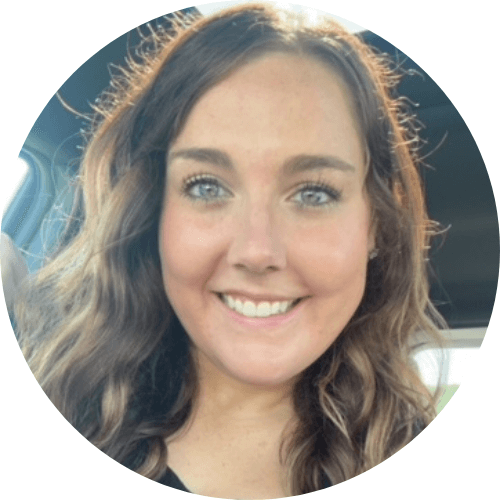| University: | Michigan State University |
| Course Number: | HDFS 895 |
| Credit Hours: | 3 credit hours - $590 per credit |
| Start/End Dates: | May 17, 2021 - July 01, 2021 |
Laurie Bulock
Office: 517-355-7680
bulockla@msu.edu
For course access questions, contact the teaching university’s campus coordinator. For enrollment questions, contact your home university campus coordinator.
View the Campus Coordinator Directory >>
To request accommodations for this course, contact the disability support office at your home university. You must register each semester and for each course. Read more about the Great Plains IDEA process for requesting accommodations.
Family Poverty in Diverse Contexts
Broussard, C. Anne and Joseph, Alfred
Edition: 2009
ISBN: 0789037416
Publisher: Routledge
Writing literature reviews: A guide for students of the social and behavioral sciences
Galvin, Jose L.
Edition: 5th or more recent
ISBN: 0141007231206
Publisher: Pycczak
This course does not require an exam proctor.
This course does not include synchronous components.
The Writing Literature Reviews text is a recommended text.


 I made the decision to switch specializations in my master’s program mid-way through my degree. This change took me from the traditional on-campus experience to the Great Plains IDEA online experience. The switch seemed intimidating to me but it ended up being an incredible experience that I would not have gotten if I'd taken all classes at one university. Getting to dive into courses offered at schools all over the country was beneficial as it opened pathways for communication and sharing of knowledge with students and faculty I would not normally have interacted with.
I made the decision to switch specializations in my master’s program mid-way through my degree. This change took me from the traditional on-campus experience to the Great Plains IDEA online experience. The switch seemed intimidating to me but it ended up being an incredible experience that I would not have gotten if I'd taken all classes at one university. Getting to dive into courses offered at schools all over the country was beneficial as it opened pathways for communication and sharing of knowledge with students and faculty I would not normally have interacted with. 